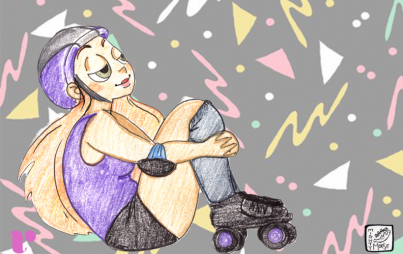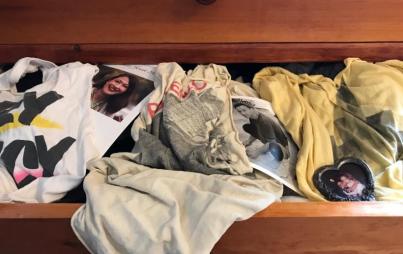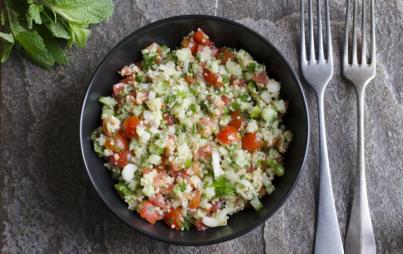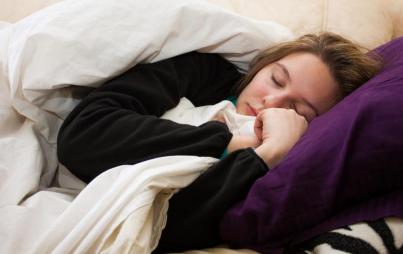
Voices from on and off the field sound off on sexism and gender inequality in sports. You can read other articles in the series here. Have a perspective you'd like to add to the discussion? Email us at ravishly@ravishly.com.
Diandra Oliver is a writer and feminist from Prince George, BC. She has skated for a number of years and worked with leagues in her home province.
I joined derby to empower myself, but it was a lot more complicated than I thought it would be.
The best part about participating in the roller derby community is that it's possible to literally make it yours. So many leagues around the world started because someone saw roller derby on TV, in the movie Whip It, on the Internet, or by getting dragged along to an energetic, hard-hitting game put on by someone else’s league.
Images and sounds of strong, powerful women are electrifying and inspiring. The energy I felt the first time I saw roller derby was a wake-up call to what I wasn’t doing with my life and how I wasn’t really using my body for what it was meant for: skating fast, getting low, and unseating my best friends and opponents from their very feet.
There is something so utterly fantastic about banding together with a group of strong, motivated women to work toward something great. Daily we see images of women who play sports, but the image is of a participant (though she is super badass) who is competing in a venue controlled by men. Men are their coaches, men are the managers and owners, and men are the broadcasters.
In the roller derby community, women are at the front. They are the decision-makers, the managers, the owners, the coaches, the fans. Many, many women are working together to learn how to rollerskate and move their bodies in new ways. Together they are developing a widely-accepted ruleset, community relationships, funding opportunities, sporting events, and organizational structure.
Being able to build something so energetic and important for yourself and the women around you is incredibly empowering. Carving space for the sport you want to play (including making it a recognizable sport), with the women you want to play with, speaks to the strength and determination required to not only learn how to have an athletic body, but also to participate in an emerging community.
Modern day roller derby has long been seen as a “women’s sport.” Women of all shapes and sizes are invited to participate, despite sport experience, and are often welcomed with open arms. When you’re on the track, any given line will have women of different shapes and sizes, and each body has its strengths and its achievements. The feeling of being with your sisters, earning something so great for yourself and your community, feels a little bit like an oxytocin high. So when the other skate drops and derby isn’t a safe space anymore, it can be difficult, no matter what this darkness looks like for you. This is a testament to the speed with which the community is growing.
Roller derby’s biggest challenges are its growing pains, and any league or organization’s ability to compassionately and empathically address those pains is a success for the sport in general. Because roller derby prides itself on being different or “more inclusive” than mainstream sports, derby communities around the world are working steadily to accept trans-skaters (with varying degrees of success) and address ongoing systemic issues related to sexism and homophobia.
Leagues and organizations that implement non-judgemental codes of conduct and support non-violent conflict resolution are one step ahead when faced head-on with typical “women-who-work-together” tropes (drama, in-fighting, judgement of others) and create a safer space for women to navigate their derby identity and belonging. By honoring the safe space for women in the sport of roller derby, participants all have the opportunity and responsibility to protect everyone’s best interests and explore what a woman-led sport actually looks like—one where those of all identities are included and celebrated for being the strong, athletic, and inspiring women they are.







